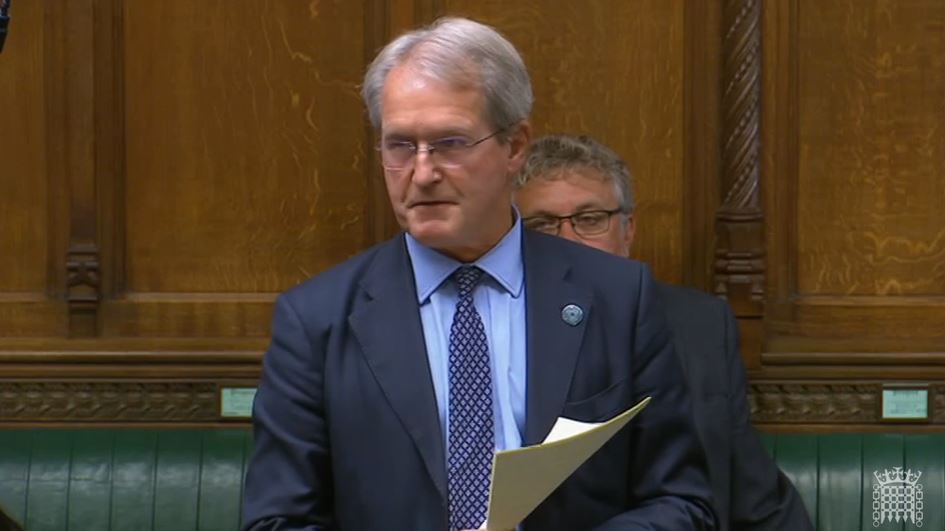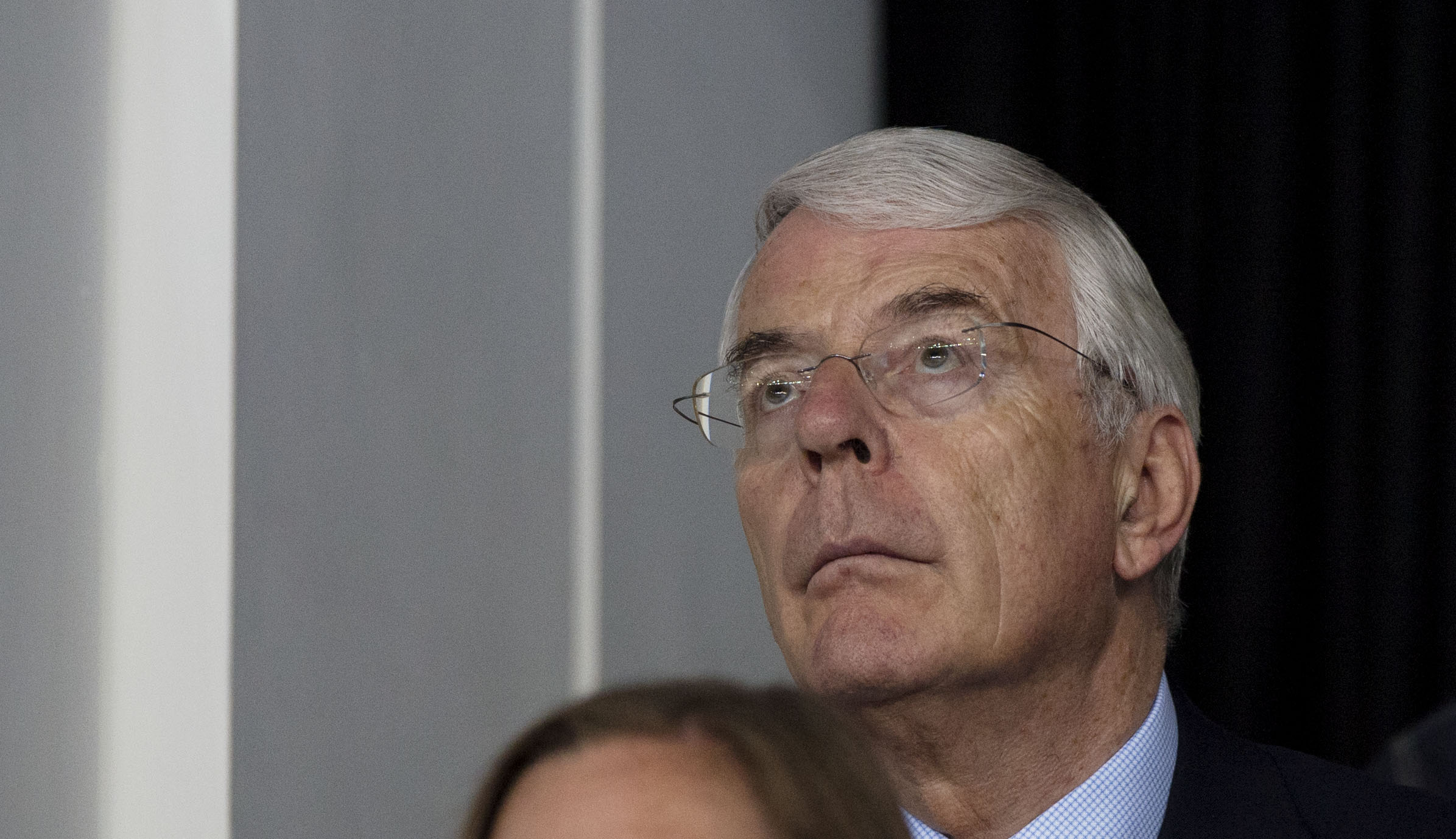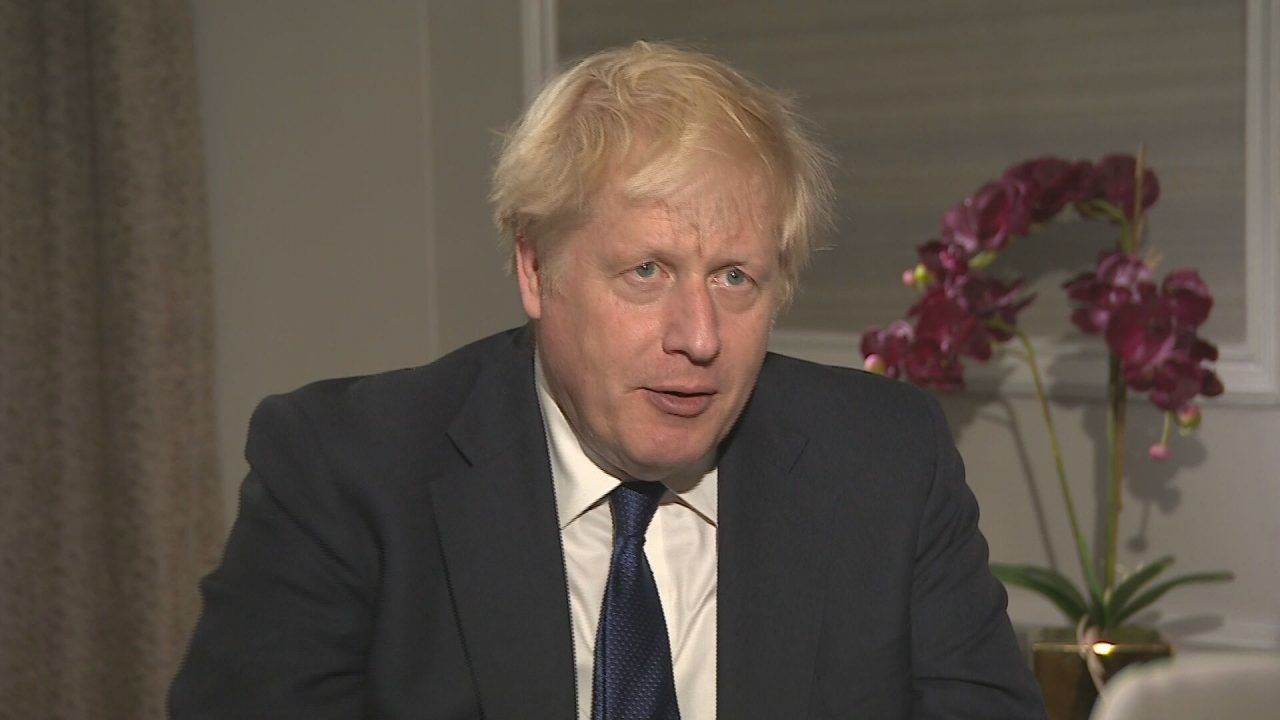Rarely in the annals of prime-ministerial foot-in mouth was a statement quite as bad. At a media briefing at COP26 on Wednesday night, Boris Johnson kicked a little local difficulty over ‘sleaze’ and elevated it to defending the robustness of British democracy.
The Prime Minister declared that he “genuinely believes” the UK is not a corrupt country. What? Did he actually just say that? Yes, he did, and in front of the world’s media.
In an arena of international journalists, some come from countries with fragile political systems and others from lands blighted by despots past and present. This assertion must have got them wondering, what corrosive issue has led to such embattlement?
The issue, of course, is his cack-handed handling of the Owen Paterson affair. We have had the now-statutory u-turn which has become such a hallmark of his Premiership. It has been accompanied by crass decision making and a kicking by the fourth estate which drains the morale of MPs who pine for a steady hand and a dispassionate mind to the business of decision making.
The last Conservative prime minister who sailed from office on a whole ocean of ‘sleaze’ was John Major. He drowned, undone by a series of resignations by Tory MPs who had quit to spend more time with other people’s families.
 Parliament TV
Parliament TVAt the weekend, he branded Johnson’s handling of the affair as shameful and wrong, adding that the government had trashed parliament’s reputation at home and abroad.
Notwithstanding the affront to due process that had the government attempt to emasculate an independent probe’s conclusions on Paterson, the Prime Minister now has to firefight on the issue of MPs having two jobs or multiple sources of income.
Now, the broader issue of additional earnings and jobs is not a Conservative-only issue, but it is equally accurate to report that it affects them disproportionately and is all the more problematic as they are the party of government.
Nothing boils the blood of voters more than the perception that MPs seemingly have the time to earn more money on top of their £82,000 salary. Sometimes the sums are eye watering, as in the case of the former attorney general Sir Geoffrey Cox.
I am uncomfortable with the notion of banning MPs from having second jobs, enshrining it as a matter of law. I have absolutely no problem with political parties extracting a ‘no second job’ pledge from aspiring MPs to root out the practice.
Public service, we are told, is an honour. The people who tell us that are our elected politicians. If it is such an honour, it should consume every hour of every day.
The notion of public service is cheapened by the practice of politicians-for-hire. How do they expect voters to react when it is their elected role that often is used as the springboard for financial gain?
 SNS Group
SNS GroupOf course, exploiting public service for private gain is nothing new. A trawl through the Register of Interests in the House of Lords reveals that former MPs and minsters are raking in fortunes on the back of their previous careers in elected politics. It does nothing to quash the widely held belief of voters that, as a breed, a politician is a man or woman on the make.
The charge is grossly unfair to most who serve. I have come across people who have no interest in making money, only in serving. I have also come across people who, once elected, get a taste for high living and are cash conscious. However, it’s a relatively small number for whom rampant greed is their calling card.
For all that, those who wish to get elected should ponder the consequences for the standing of public service if they pimp themselves to whoever will pay them a shilling.
The Prime Minister has a second job. He digs holes but not in his spare time. He does that as part of his day job. The experience of the Conservative government between 1992-97 and the crisis of the expenses scandal in 2009 tells us that the media like nothing better than a story about money and politicians as evidence that they are out of touch. Even the Conservative press are unforgiving on the party they traditionally support.
This is not going away in part because the Prime Minister does not have the skillset to close it down, either in the form of firm action or by seizing and turning the agenda. He should be less worried about the words of Sir John Major than the lesson from his administration.
‘Sleaze’ entered the political lexicon during his tenure and it became an issue which turned his administration into the stuff of pantomime. His government’s authority never recovered for it became a national joke.
It is often said that Johnson is too much of a joker. He might be the man who ends up personifying another government forever remembered with all of the affection of a bad music hall turn.

 STV News
STV News

























